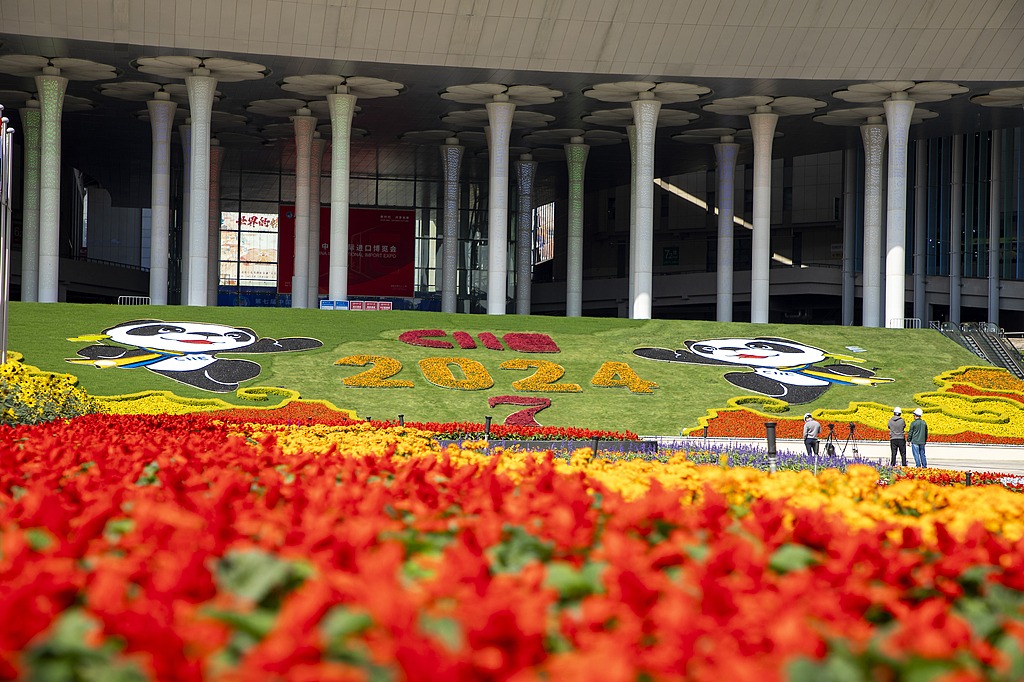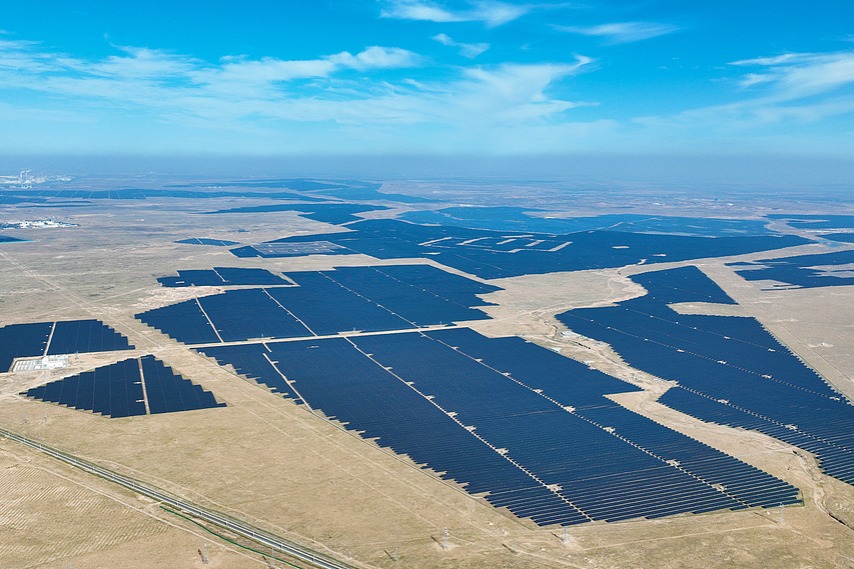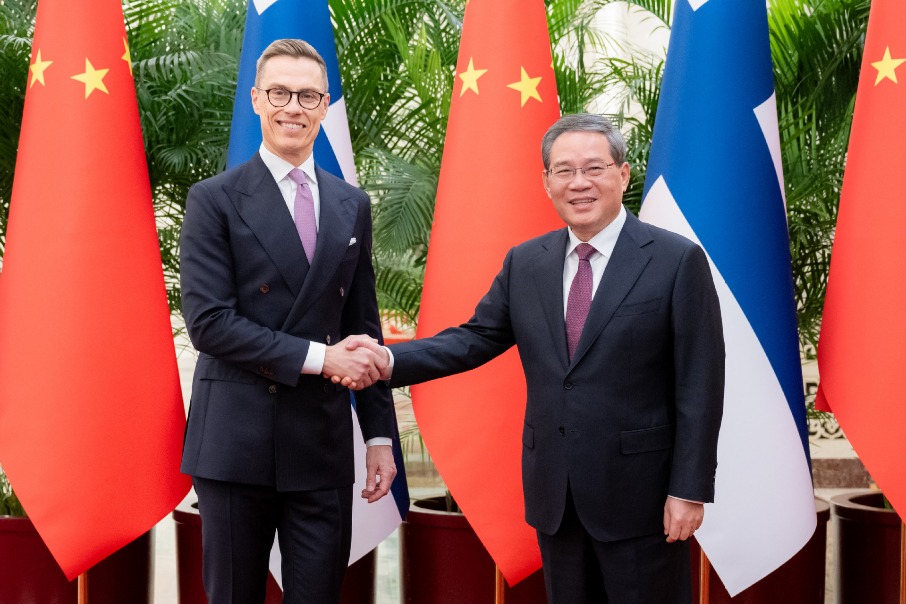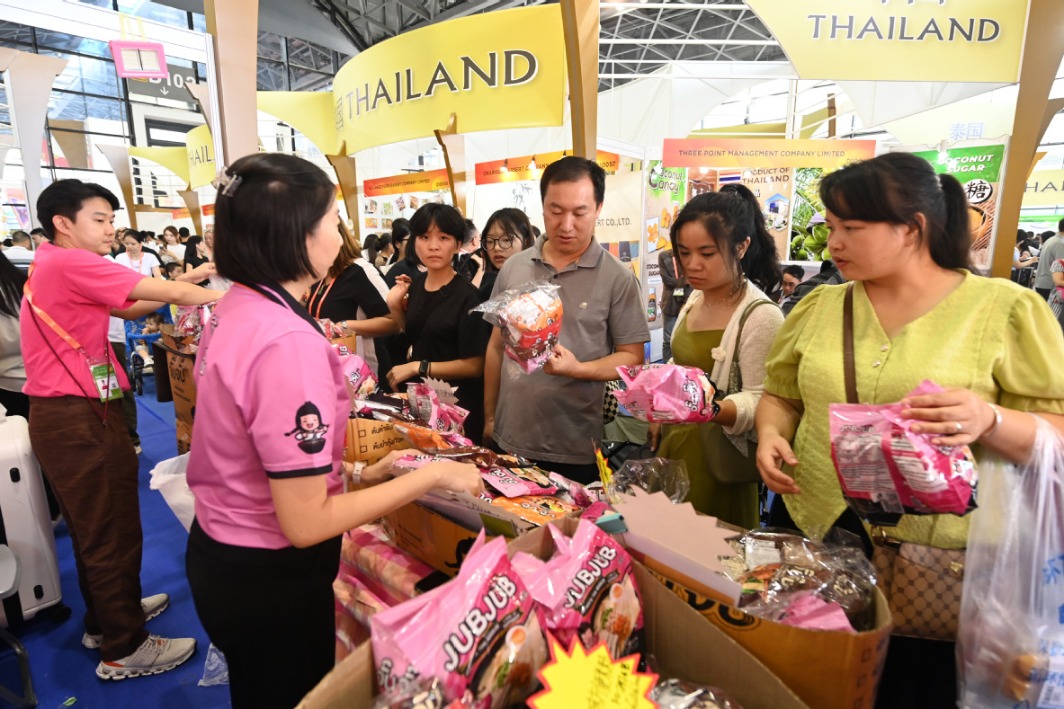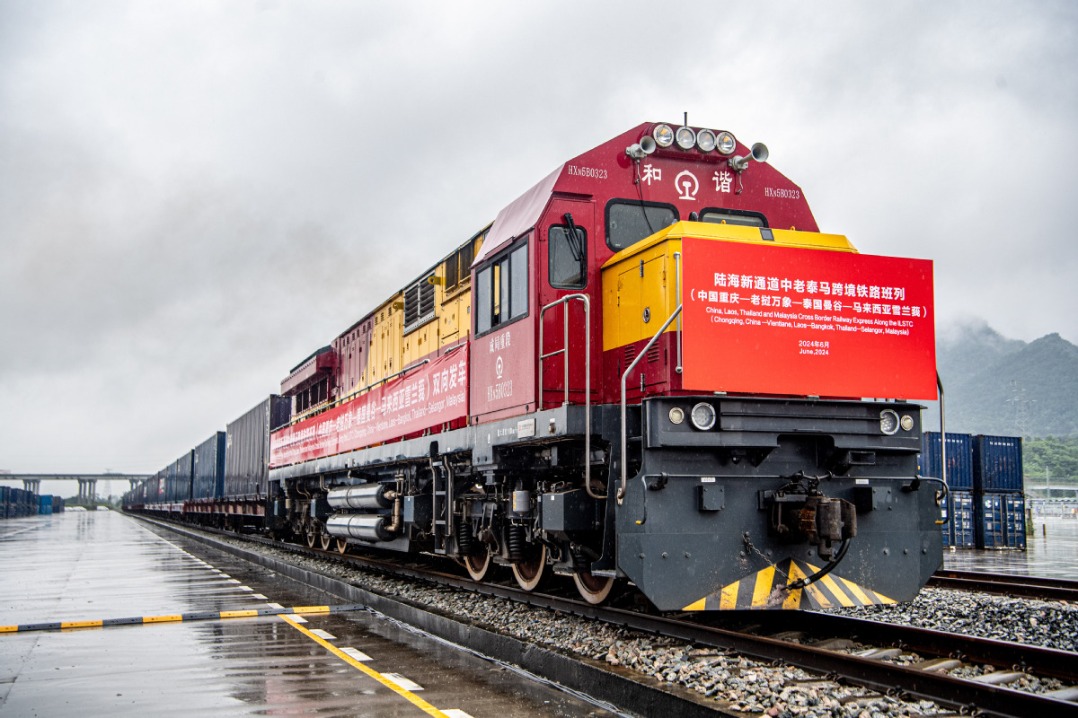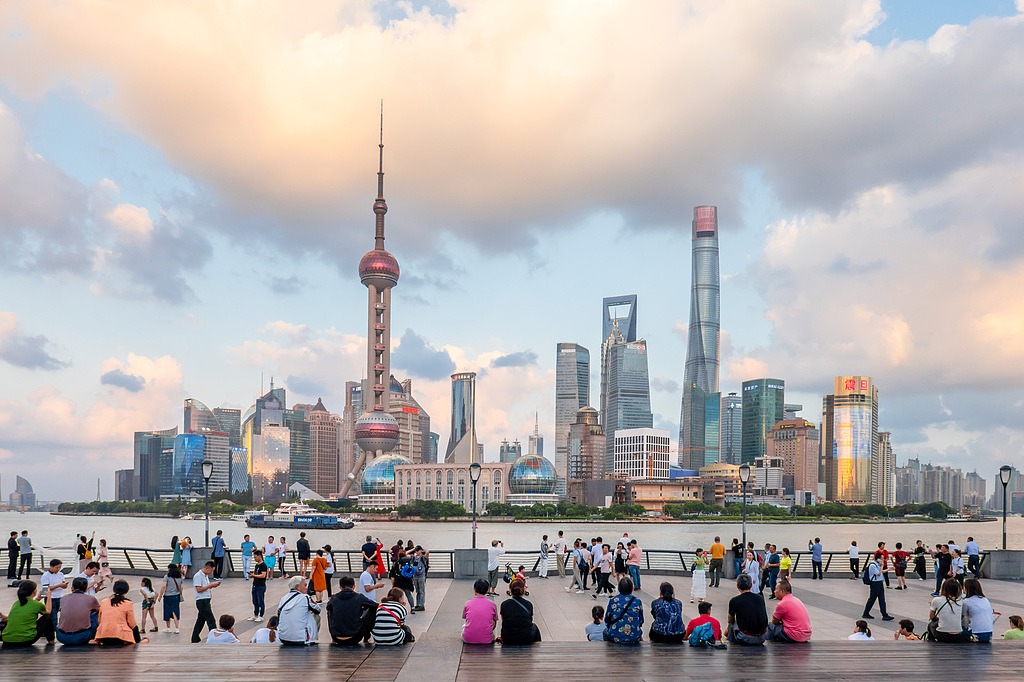Experts say US forcing nation to hit back
Market watchers: China can counter Washington's mala fide move

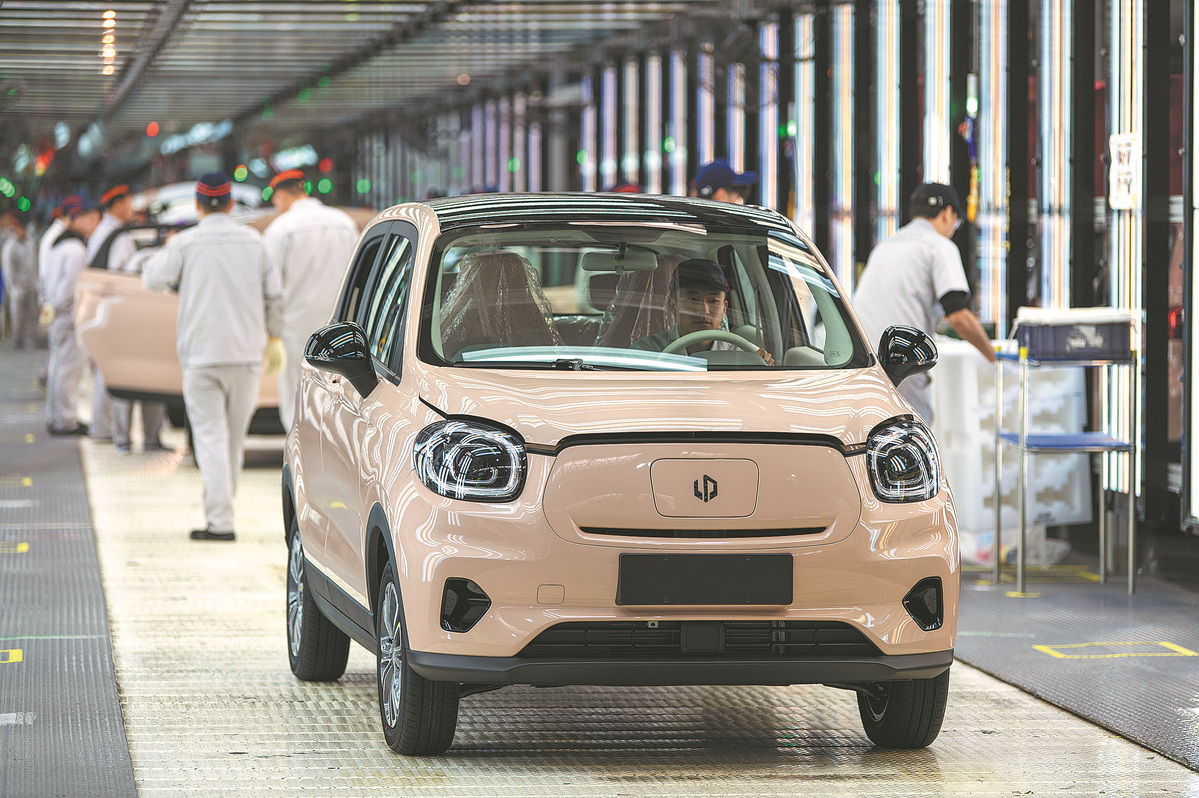
The US' decision to impose additional tariffs on Chinese imports marks a further escalation in Washington's efforts to curb emerging industries in China, forcing Beijing to adopt measures to defend its interests, said analysts and heads of business associations on Thursday.
In addition to the existing tariffs under the Section 301 of the US Trade Act of 1974, the US announced on Tuesday additional tariffs on a range of Chinese imports, including electric vehicles, lithium-ion batteries, photovoltaic cells, critical minerals, semiconductors, steel and aluminum.
Notably, a World Trade Organization panel found in September 2020 that the Section 301 tariffs contravened its regulations.
After China's Ministry of Commerce vowed to take resolute measures to safeguard the rights and interests of Chinese companies, market watchers said that China has many options to counter Washington's actions that may not necessarily target US industrial goods, but could focus on other sectors.
The US' protectionist measures could reignite a "trade conflict "with China and damage the US economy in the process. Since tariffs essentially tax US businesses and consumers by raising the cost of imported goods, this could lead to inflation and harm job growth, said Wu Xinbo, dean of Fudan University's Institute of International Studies.
In the short term, the US might seem aggressive in its efforts to target emerging Chinese industries, but this approach is unlikely to yield practical results in the long run, said Chen Bin, deputy director of the expert committee at the Beijing-based China Machinery Industry Federation.
As China has already taken the lead in the new energy sector, with the largest industry chain globally, additional tariffs cannot fundamentally alter the inherent comparative advantages of the Chinese manufacturers, he said.
Dismissing the "China overcapacity" narrative, He Yadong, a spokesman for the Ministry of Commerce, told a news conference that the so-called "overcapacity" perceived by some Western countries is not an excess of capacity but rather an excess of anxiety.
It shows worries of some countries about their own competitiveness and market share, which they use as a pretext to discredit and suppress China, said He.
According to research by the Paris-headquartered International Energy Agency, to achieve carbon neutrality goals, annual global sales of new energy vehicles need to reach about 45 million units by 2030. This is more than three times the global sales in 2023, far exceeding the current global supply capacity.
As technology products in the new energy sector are updated and iterated more rapidly, new demand will continually emerge, said He.
"Overall, the global new energy industry is still in its early stages of development and rapid growth. Rather than overcapacity, there is a relative shortage of production capacity," he said.
Sun Xiaohong, secretary-general of auto branch of the Beijing-based China Chamber of Commerce for Import and Export of Machinery and Electronic Products, said that share of Chinese EVs exported to the US is fairly small compared to other markets.
The number of Chinese EVs exported to the US sharply declined to fewer than 2,000 units in the first quarter of this year, cutting the US market's share of China's global EV exports to less than 0.5 percent, data from the General Administration of Customs showed.
With such a minimal export volume, the impact of US tariff increases on Chinese EVs is essentially negligible, said Sun.
In a statement released by the China Council for the Promotion of International Trade on Wednesday, industries like EVs, lithium-ion batteries and photovoltaic cells in China are at the forefront of technological innovation and market competition, deeply embedding themselves in global supply chains and making significant contributions to global efforts in energy conservation and sustainable growth.
Concurrently, the US government is providing significant subsidies to domestic industries like EVs and semiconductors, a move that starkly contradicts the principles of a market-driven economy and international trade norms, and threatens the stability and security of global industrial and supply chains, according to the statement.
zhongnan@chinadaily.com.cn
















